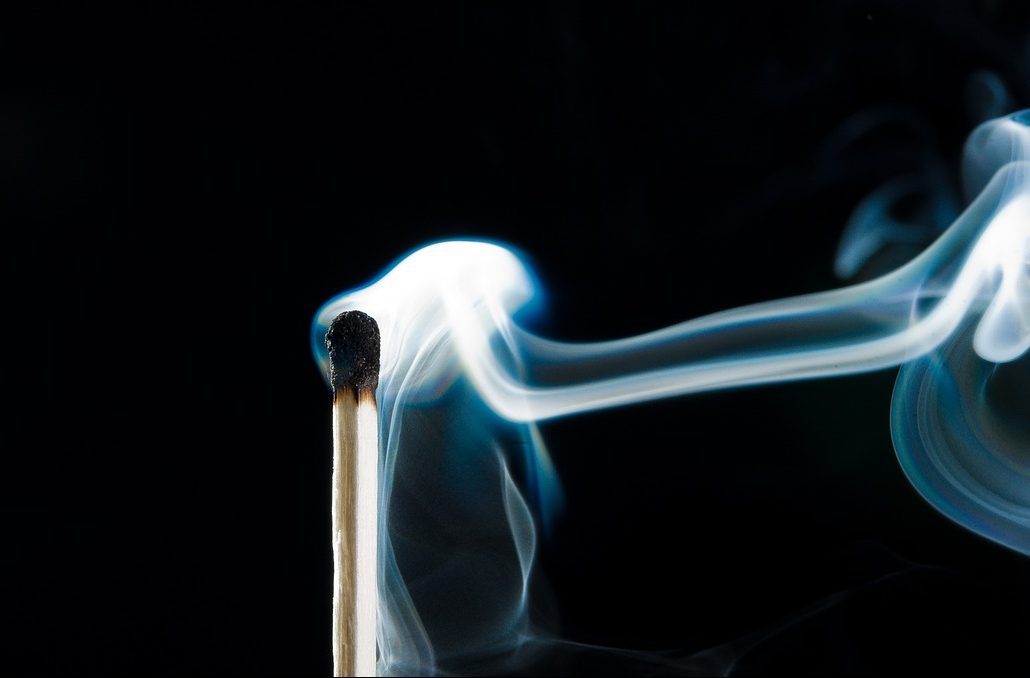
There are indications that the tax burden will be increased for cigarettes.Continue reading
Since the law was introduced in July 2013, the number of regular smokers under 18 in Hungary has halved. News site Világgazdaság conducted an interview with Marcell Biró, president of the Supervisory Authority for Regulated Activities, about the success of the act.
Marcell Biró told Világgazdaság that the focus of the law was to protect minors and non-smokers. He added that the number of regular smokers in the adult population has also decreased by 10 percent. For example, the WHO gave Prime Minister Viktor Orbán the Director General award because of the new tobacco trade system.
There is not a single National Tobacco Shop that is not controlled, Biró explained. Currently, there are 5,848 tobacco stores in Hungary, and 99 percent of the population lives in municipalities where tobacco products are available, thus, there is no problem in terms of national coverage.
Furthermore, for serious violations, the three strikes principle is applied: a heavy fine for the first violation, a fine and temporary closure for the second violation, and termination of the concession contract for the third violation, meaning the loss of the right to trade tobacco, and the loss of livelihood.
Last year we conducted 5,800 inspections. (…) Our main focus is on sales to minors, and we have not uncovered any gross, blatant irregularities in the past,”
he highlighted.
In ten years, the National Tobacco Store has become an independent brand. Customers can get the same quality of service anywhere in the country. The sector is developing very quickly and there are products, such as tobacco imitations, that pose an even greater risk to minors, such as Elf Bar, the president noted. They are usually offered from abroad as tobacco products with unknown physiological and health effects and with a nicotine content that cannot be tested. This is the biggest threat that authorities have had to deal with. Biró pointed out that
last year they managed to curb this phenomenon in public places and schools.
Asked whether people who do not smoke cigarettes are tempted to buy other products in tobacconists, since these stores also operate as mixed goods stores, the president replied, “It is the authorities who determine which products may be sold in tobacco shops, and this is indeed a serious dilemma, because it can be understood as driving non-smokers into tobacconists at the risk of temptation.”
Via Világgazdaság, Featured image via Facebook/Nemzeti Dohánybolt és Kávézó- Nagycsécs